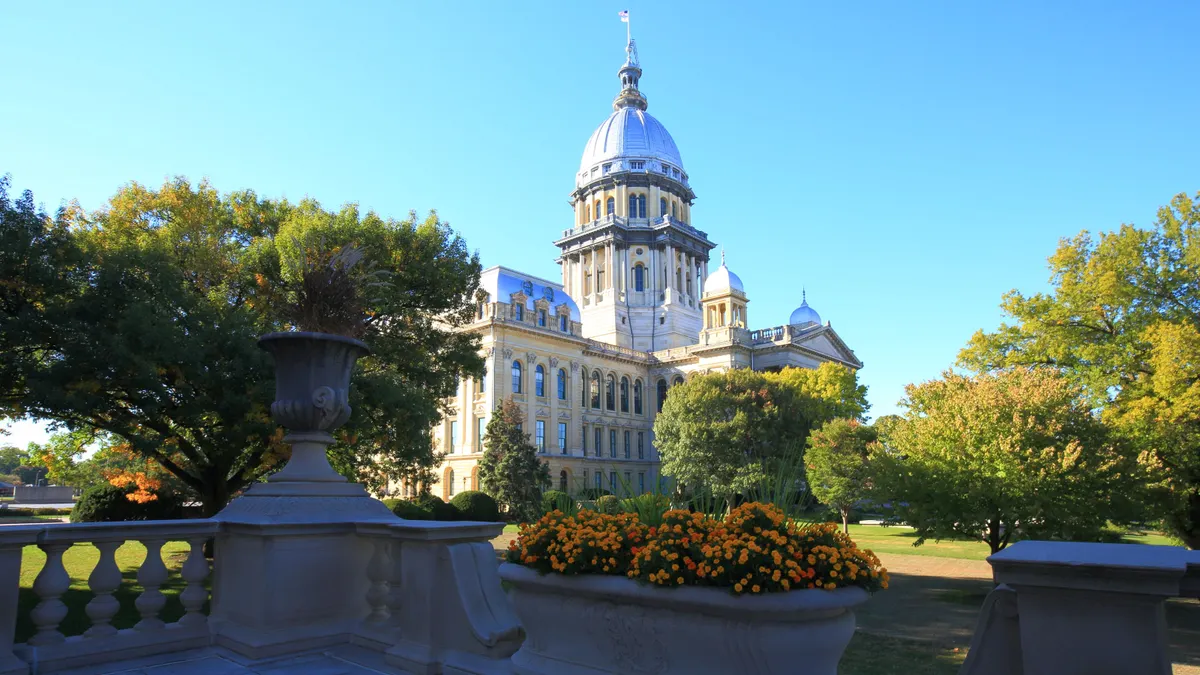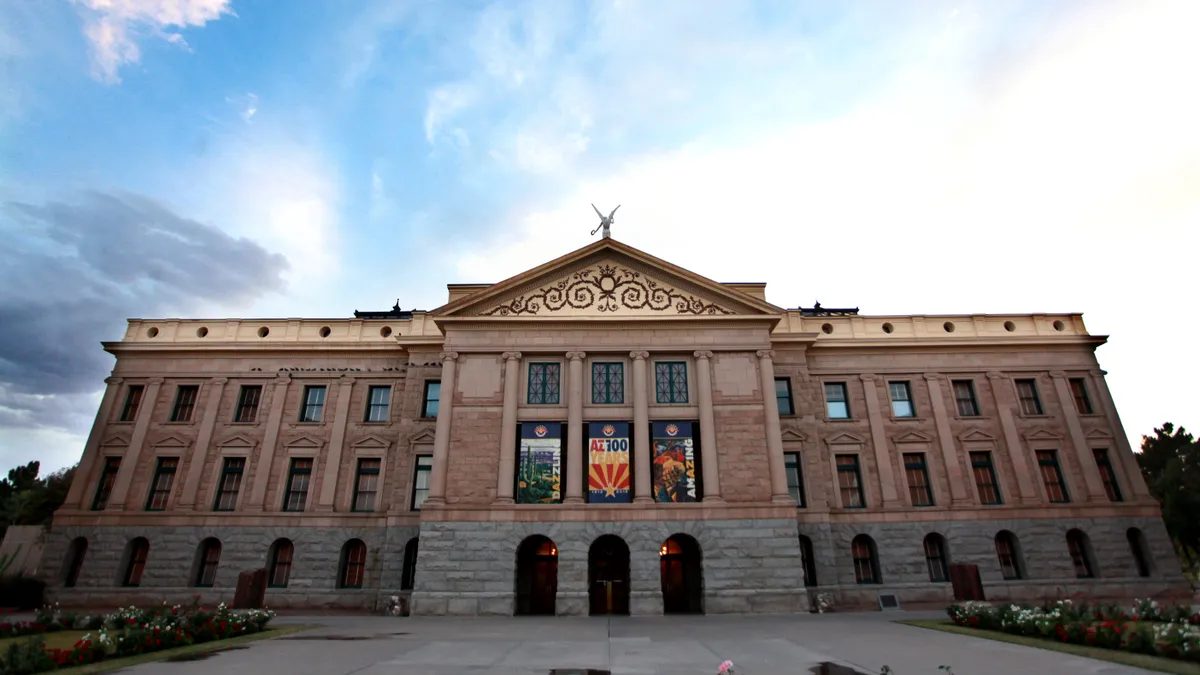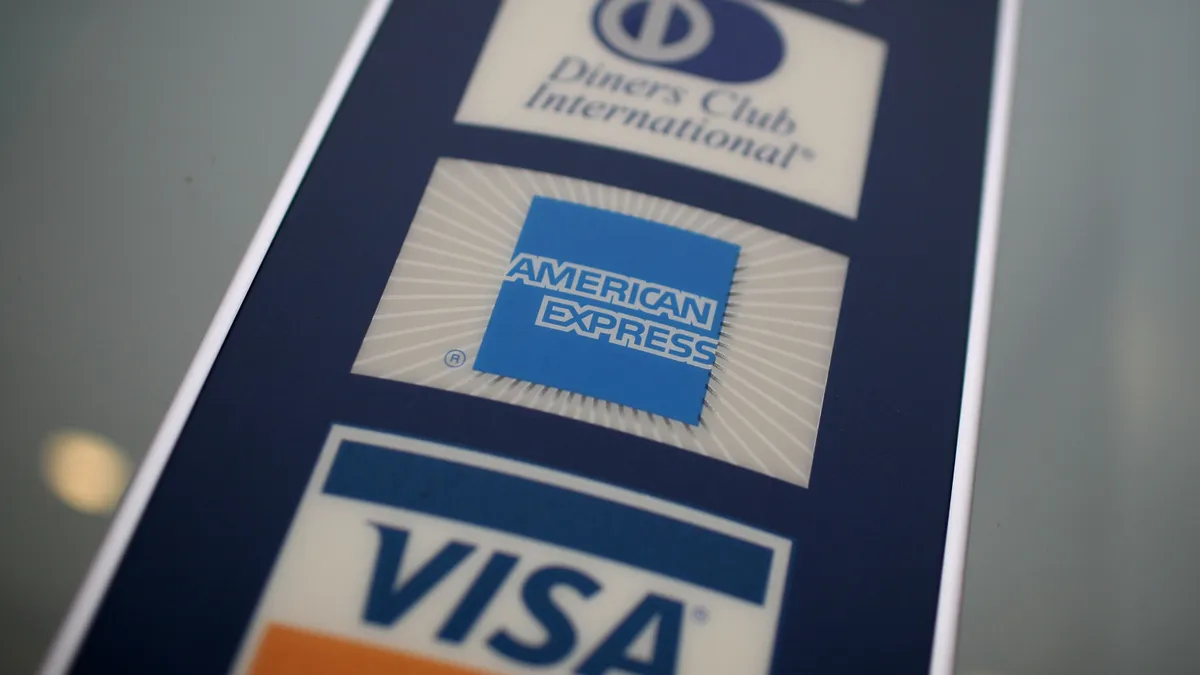It took remarkably little time for merchants and others in the card payments ecosystem to render their views on a proposed settlement that could wind down two decades of litigation over credit card swipe fees.
Attorneys for the merchant plaintiffs, and those for the defendants Visa and Mastercard announced the pact Monday and said they’d crafted revisions over the past 15 months of negotiations with an eye toward addressing shortcomings noted by a federal judge last year when she rejected the agreement.
“All window dressing and no substance,” the National Retail Federation’s general counsel said Sunday of the proposed settlement, a day before it was publicly disclosed. “More smoke and mirrors,” the National Association of Convenience Stores said in a lengthy critique of the proposed pact.
The third proposed settlement in nine years – of a litigation saga that began in June 2005 – was “agreed to by class-action attorneys who stand to make millions [of dollars] by agreeing to a flawed settlement,” said Lyle Beckwith, NACS’ senior vice president of government relations.
Retailers and consumers “have been at the mercy of the credit card industry for years,” he added, and the latest agreement “does nothing to stop their predatory and collusive behavior.”
Swipe fees on Visa and Mastercard credit cards totaled a record $111.2 billion last year, 11% higher than in 2023 and triple the cost a decade earlier, the Merchant Payments Coalition said in March, citing data from the Nilson Report.
Despite the trade association rhetoric, at least some of the 12 million merchant class members may be ready to take the settlement and move on. But others will find reasons to carry the battle forward.
Reasons merchants may like the settlement…
Swipe-fee savings
Merchants have been battling Visa, Mastercard and large banks for more than 20 years – and many of them are ready to see the money. The value of the settlement could amount to $200 billion for merchants, according to an expert witness declaration filed by plaintiffs, up from an estimated $30 billion in the 2024 settlement.
Card discrimination
The agreement ends the card networks’ “honor all cards” rule, in which the acceptance of one Mastercard or Visa-branded credit card obliged a merchant to take every other such card, regardless of their different transaction costs.
The settlement would classify credit cards as premium, standard or commercial, allowing merchants to specify which cards they’d accept.
This change means that a small bicycle shop could decline to take a costly JPMorgan Chase Visa “premium” rewards card without also rejecting a “standard” Visa card issued by a local credit union. They would not be able to discriminate between the same level of cards issued by different financial institutions.
Surcharge flexibility
The agreement gives merchants more flexibility to impose surcharges up to 3% for certain credit cards. The prior, 2024 settlement would have capped merchants’ Visa and Mastercard credit card surcharges at 1%. They also can impose a surcharge on one network card, but not another, under the revised deal.
The surcharging provisions would, in theory, let merchants steer customers toward lower-cost credit cards and make consumers carrying far higher-cost rewards or commercial cards pay their own way for the attendant issuer perks if they chose to use such cards.
The proposed settlement would permit “merchants to comply with state laws that purport to ban or restrict surcharging,” plaintiffs wrote in their filing.
Litigation hazard
A trial always carries the threat of losing. If the litigation advanced, the merchants could emerge from a trial and appeals process with less than they’d reap from the current settlement, both sides noted in their court filings Monday.
“Even if Plaintiffs succeed at the liability phase, they face numerous risks post-trial and on appeal,” lawyers for Visa and Mastercard wrote in their filing supporting the proposed settlement. Moreover, they added, “the remedies phase would be lengthy and complicated,” and merchants might not win the amounts they seek.
The changes to the prior settlement arose from “careful consideration and hard-fought negotiations over the past year, and they provide very substantial relief—plainly more than adequate relief—to all Class members, particularly in light of the ample risks of continued litigation,” the plaintiffs’ attorneys wrote Monday in a 527-page filing supporting their motion for preliminary approval.
… and four reasons merchants may really detest it:
It’s too meager
Under the agreement, the average card swipe fee would decline from 2.35% to 2.25%, or “essentially the same rate as in 2023,” the National Association of Convenience Stores said in its press release.
“It’s remarkable that anyone could think a temporary 10 basis point reduction — barely more than last year's increase — is fair compensation for allowing a credit card duopoly to maintain their pricing cartel for eight more years,” Sean Kennedy, a spokesman for the National Restaurant Association said Monday in an email.
Posted rates remain
The card networks operate under a two-tier fee structure for retailers and other merchants, in which behemoths with market leverage – think Amazon, Walmart and Costco – negotiate their interchange rates with the networks. Data on how many merchants negotiate rates and how much less they pay was redacted from court filings.
Smaller players do not enjoy the benefit of these discussions and pay posted swipe fee rates set by the networks and issuing banks.
The settlement doesn’t affect this dynamic. The National Retail Federation, which opposed two prior settlement efforts in 2016 and 2024, said in a statement Sunday that the third attempt also fails to rectify how the networks set their interchange fees.
It’s just temporary
The agreement would bind the networks on fees and most other provisions in the agreement for only eight years from the date of final court approval. It would also impose an eight-year ceasefire in further litigation, which many merchants see benefiting the networks – not them.
The proposal offers “small, temporary reductions in swipe fees and limited rule changes while preserving the centralized system that allows the duopoly of Visa and Mastercard to dictate fees across the entire economy, eliminating incentives for competition and preventing merchants from negotiating lower fees,” the National Grocers Association said Monday in a statement.
Reward cards abound
While an honor-all-cards rule might go by the wayside, the NRF’s general counsel, Stephanie Martz, said that provision is “meaningless because 85% of credit cards issued today are rewards cards and retailers have no choice but to accept them.”
With the proliferation of pricier credit cards offering points, perks, airline miles, credits, cash back and myriad other rewards, many merchants effectively must honor all cards, whether there’s a formal rule or not.
Under the agreement, the networks or banks could reclassify cards, which would effectively bind merchants to accept many higher-priced cards, NACS and the NRF said. “If banks switched cards among categories, retailers could effectively be required to continue to honor all cards,” the retail group said.





















